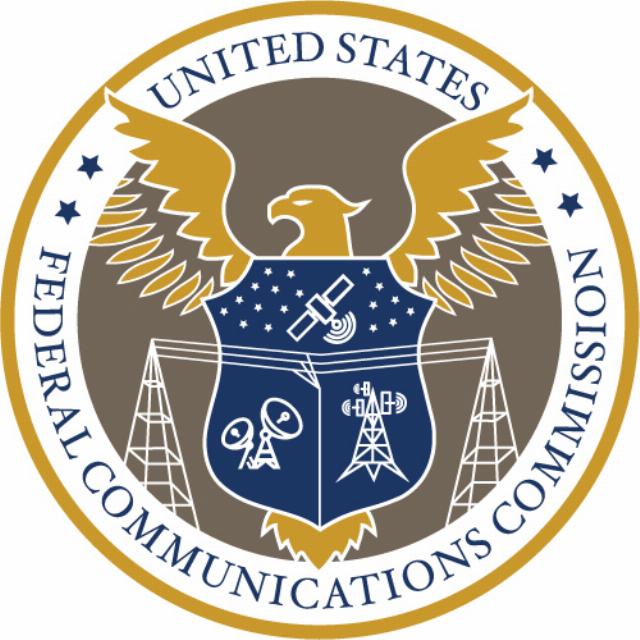Why the FCC should discipline ABC
Now that Jimmy Kimmel is back, will Federal Communications Commission (FCC) chair Brendan Carr follow through on his threat to discipline ABC, a move President Trump would welcome?
Ted Cruz, Rand Paul, and other free-speech-loving Republicans fear that sanctioning ABC for Kimmel's bizarre claim that Charlie Kirk's killer, a pro-trans leftist, was somehow in league with the "MAGA gang," would chill free speech. Not so.
There is no debate among conservatives over the value of free speech. Without free speech, the First Amendment's goal of enabling truth to emerge through open debate would be thwarted. But counterintuitive though it may seem, that goal calls for ABC to take Kimmel off the air.
Several Supreme Court rulings, and especially the landmark case, Red Lion Broadcasting Co. v. FCC (1969), require broadcasters to protect the First Amendment by avoiding deliberate distortion of controversial public issues. The Court's unanimous opinion, authored by Justice Byron White, explicitly stated: "It is the right of the viewers and listeners, not the right of the broadcasters, which is paramount." This opinion emphasized that the First Amendment's core purpose is "to preserve an uninhibited marketplace of ideas in which truth will ultimately prevail, rather than to countenance monopolization of that market, whether it be by the Government itself or a private licensee."
The Supreme Court's ruling applies only to broadcasters -- not to cable or the internet -- because broadcasters have an effective monopoly over the airwaves. Since the narrow range of spectrum available to broadcasters was too limited to allow for robust competition, the government decided to ration use of public airwaves by licensing a very few companies to use this public resource.
The Supreme Court didn't quarrel with the government's right to privilege broadcasters of its choosing; at the same time, the Court didn't grant the broadcasters the right to effectively abridge the First Amendment right of others. "A license permits broadcasting, but the licensee has no constitutional right to be the one who holds the license or to monopolize a radio frequency to the exclusion of his fellow citizens."
Since the Supreme Court's 1969 decision the media landscape has changed dramatically, chiefly with the competition that has come of cable, satellite, and the internet. But the Big Three broadcasters -- CBS, NBC and ABC -- remain immensely powerful, with their average evening news audiences of 17 million dwarfing cable's prime time of 4 million. Moreover, the Big Three, which broadcast over the air for free, are able to reach all 125 million U.S. TV households while cable and satellite are in decline -- in the last decade, they lost 26 percent of their subscribers, 30 percent of Americans who haven't yet cancelled say they are likely to and by 2026, an estimated 80.7 million Americans will have abandoned cable and satellite TV.
As cable declines, streaming via the internet has risen to capture large audiences, particularly among youth who largely eschew broadcast. But among seniors, rural residents and lower-income Americans, especially in what are known as "news deserts" -- counties with zero or one news outlet -- the broadcasters have a monopoly stranglehold. Someday, technology may destroy the broadcasters' monopoly, much as technology made the postal system all but irrelevant. Until that time, the need for broadcast regulation to protect the First Amendment remains needed.
Kimmel would have offended no regulation had he made his statements on cable TV, which allows for unlimited competition in the marketplace of ideas. But he abused ABC's monopolistic position as a broadcaster -- and the broadcast license's legal requirement to avoid deliberate distortion of news -- when he made what amounted to a “concerted effort to lie to the American people,” according to Carr.
Carr then gave ABC the option of disciplining itself or facing government sanction. “Frankly, when you see stuff like this, I mean, look, we can do this the easy way or the hard way. These companies can find ways to change conduct and take action, frankly, on Kimmel, or there’s going to be additional work for the FCC ahead.”
For decades conservatives have been too timid to do anything but gripe as CBS, NBC, and ABC routinely abused their monopoly position in their coverage and commentary of conservative perspectives. If the FCC calls out the broadcasters to discourage gaslighting of the public through deliberate distortions, the FCC would merit kudos, not criticisms.
Lawrence Solomon is executive director of Consumer Policy Institute and a columnist at National Post. LawrenceSolomon@protonmail.com

Image: FCC